How to clean wooden floors – avoid scuffs and scratches with our expert advice
Make sure your wooden floors are given their time to shine
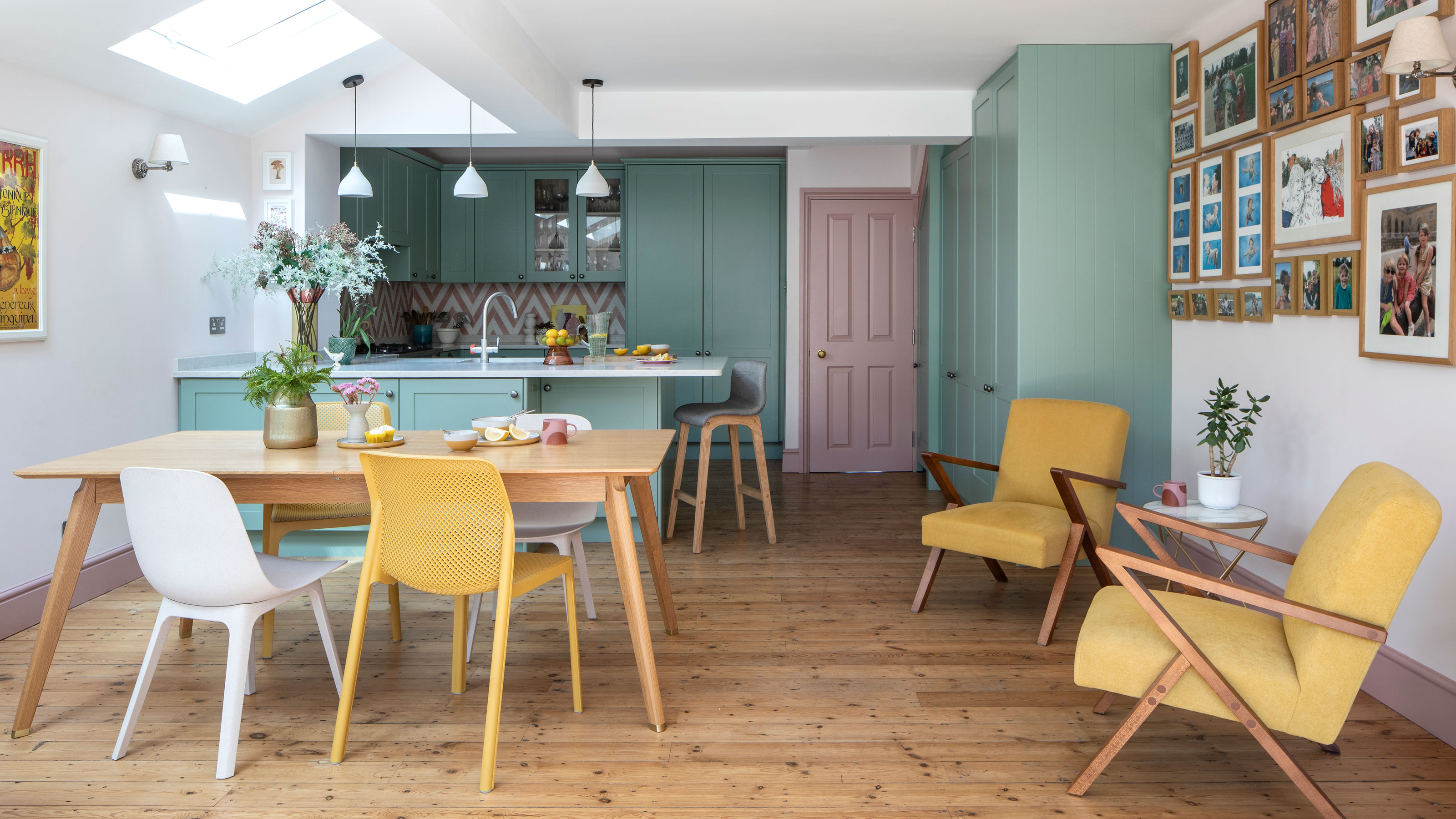

While wooden floors look incredible in any room in our homes and are relatively durable, it does take some care and attention to keep your wood flooring ideas looking their best. But it doesn’t need to be a laborious task.
‘Like most things, if you establish a routine, you will find it easier to maintain. The same applies when it comes to cleaning your wooden floors,’ says Olivia Young, Product Development Scientist at Astonish.
‘Wooden floors, while creating a beautiful aesthetic in the home, can be tricky to look after. Just like any furniture or surfaces made from real wood, it can be more susceptible to staining and water damage, as well as scratches and marks,’ outlines Sue Caldwell, Managing Director at Clean Living International.
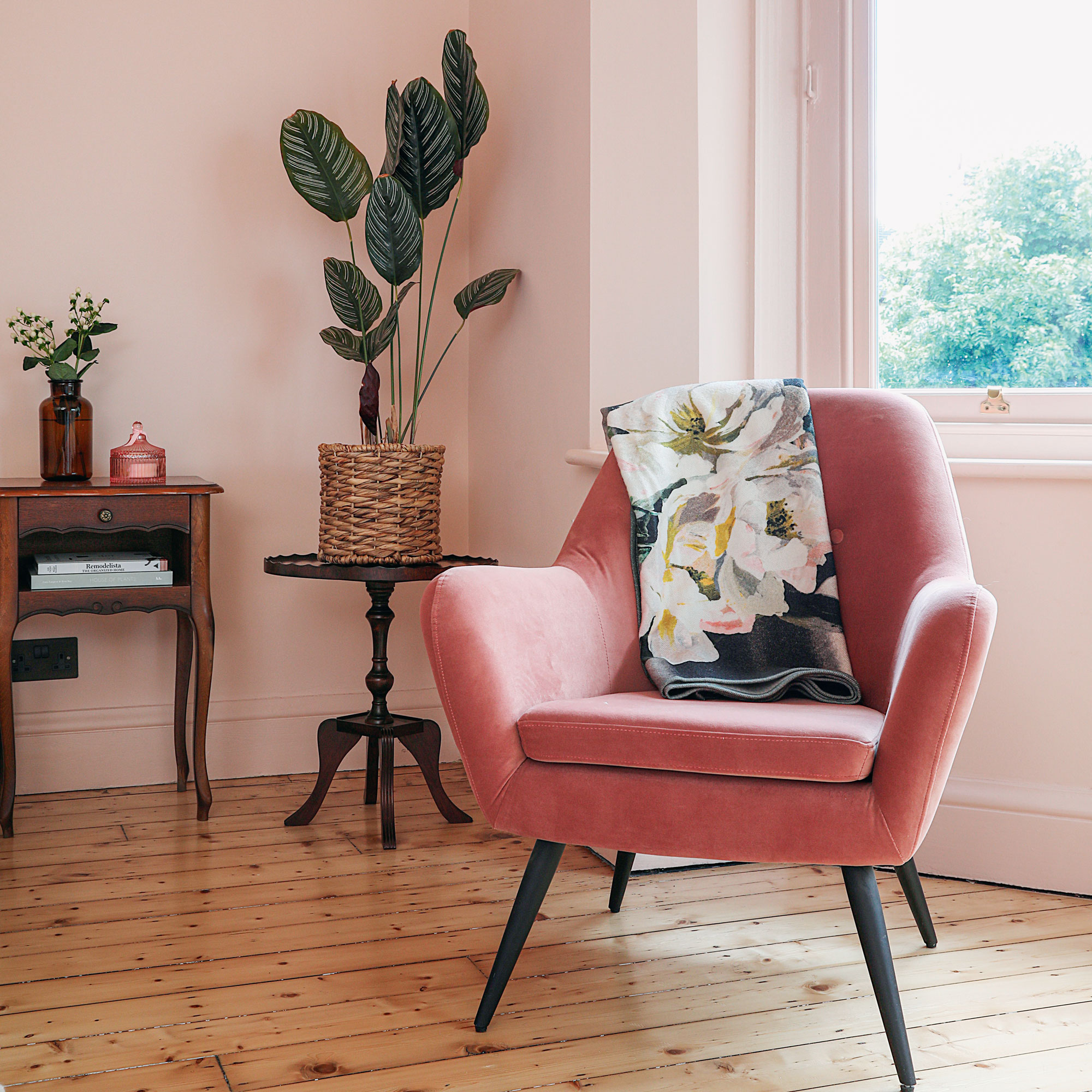
How to clean wooden floors
If you fail to keep on top of your cleaning routine, the issues could get to the stage where you either need to enlist professional help – which could cost anywhere between £20 and £30 per square foot – or even have to refinish or replace your hardwood floors. We might love looking at new living room wood floor ideas, but that doesn't mean we actually want to fork out for brand-new ones.
However, there are some golden rules which make cleaning wooden floors much easier to navigate and the experts have shared their top tips, as well as what you should avoid using on this type of flooring.
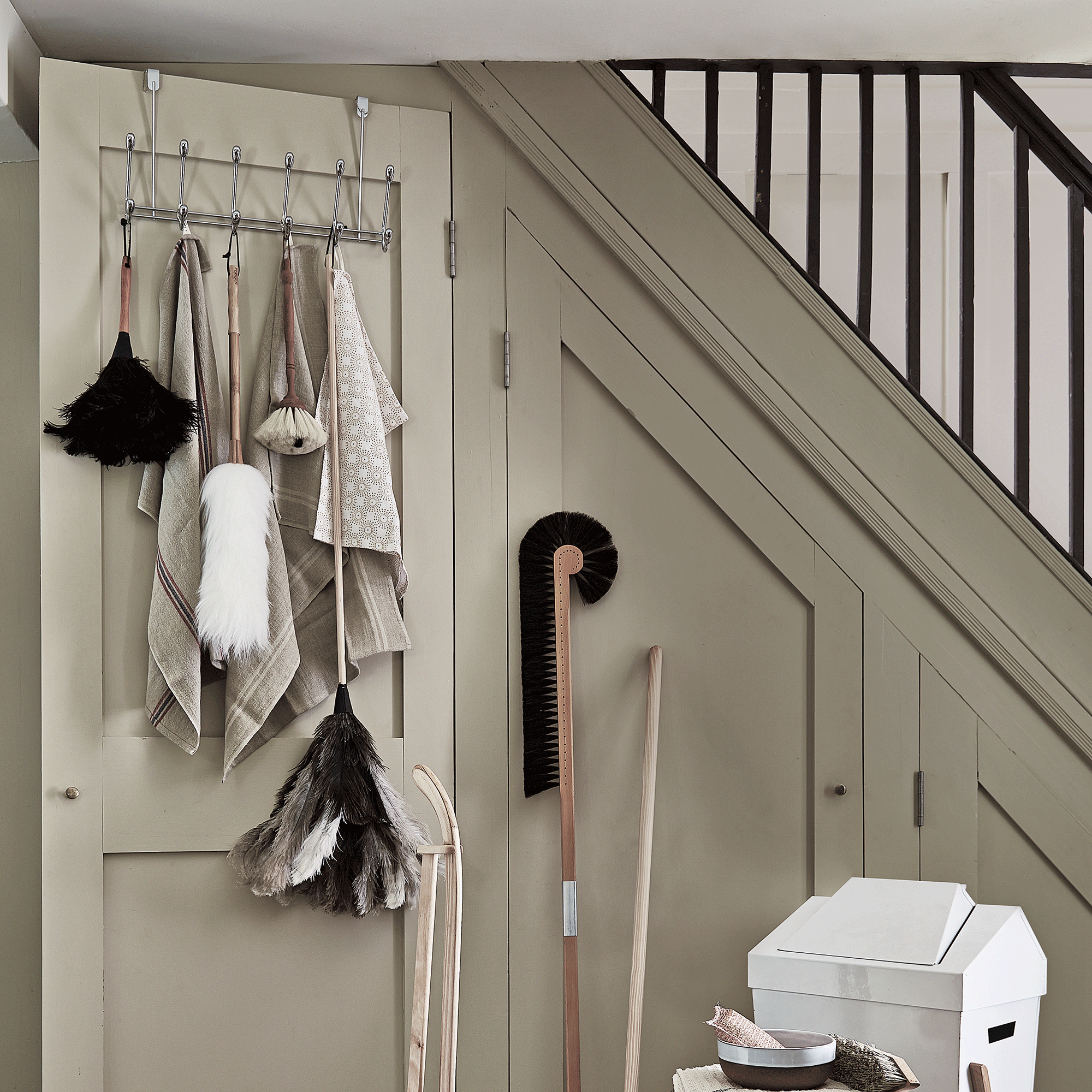
What you’ll need
- A vacuum cleaner (check out our top vacuums for 2023) or brush
- A microfibre mop or pad; this E-Cloth Deep Clean Mop from John Lewis & Partners has over 300 5 star reviews
- Specialised wooden floor cleaner; try this Method Wooden Floor Cleaner from Amazon
- A clean cloth or sponge
Step-by-step
1. Start by sweeping
Before you start, you’ll want to get rid of any surface level dirt, dust or debris. ‘This is important as you don’t want to drag dirt across the floor as it will scratch the surface,’ says Myjobquote.co.uk’s cleaning expert Sarah Dempsey.
It’s also ‘important to follow the direction of the wood,’ says Martin O'Callaghan, Owner of Munster Hardwood Flooring. ‘This will allow you to catch as much gunk and grime as possible. ’
You can either use a vacuum cleaner – as long as it has a setting or attachment for hard floors – or you can sweep with a brush or dry microfibre mop.
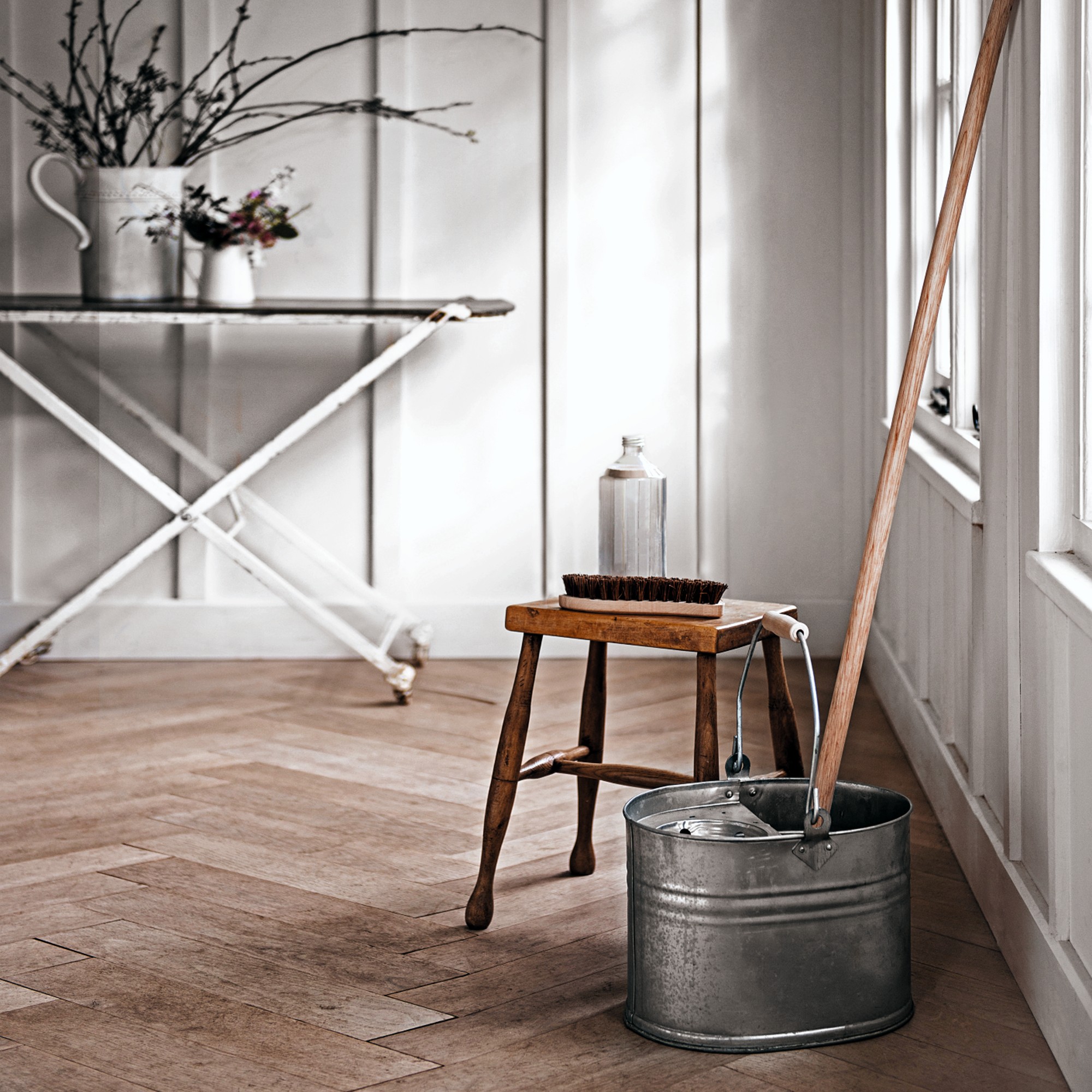
2. Mop with a microfiber pad
‘Using a microfiber pad to clean your floors rather than a traditional mop is hugely important,’ Martin continues. ‘Traditional mops can sometimes scratch the wood making microfiber pads the better choice for deep cleaning. Your basic mop can also put far too much water onto the floor, which can lead to water damage and potentially over time, warping. ’
‘Regardless of your tool of choice, it’s important to make sure your mop head isn’t sopping wet. You should aim to dampen the floor, not wet it, so wringing out your map head thoroughly before use is essential,’ Sue echoes.
You’ll also want to use a cleaning solution designed specifically for cleaning wooden floors such as one from Bona available at Lakeland. Barry Darragh, flooring specialist at The Wooden Floor Specialists Limited, says: ‘remember to always test any new cleaning solution on a small, inconspicuous area of your wooden floor before using it on a larger area to ensure that it does not cause damage or discolouration. And be sure to follow the manufacturer's instructions for any cleaning product you use on your wooden floors.’
‘Use quick, sweeping strokes with the mop across your floor to ensure you’re wiping it clean without wetting the wood too much,’ recommends Sarah.
And remember to work from one corner of the room, working your way towards a door, so you don't need to walk over your wet floors to get out.
3. Spot clean where necessary
There may be certain areas that require a bit more attention than others. This is when spot cleaning is the perfect solution. Whether it is a ring left behind by a glass or mug, or even a new scratch, the experts recommend taking a dry cloth or sponge and gently rubbing the stain until it begins to lift. Then you can proceed to mop the area as you would usually.
Ideally, you’ll want to attend to these stains or spills as soon as they occur. 'Never let a wet spill go untreated,’ says Olivia. ‘If you spot one, make sure you wipe it away ASAP, as if you don’t, they can dry onto your wooden floor which will make them significantly harder to remove. This can also lead to more dirt gathering, as dust and debris can stick to the floor via the spillage.’
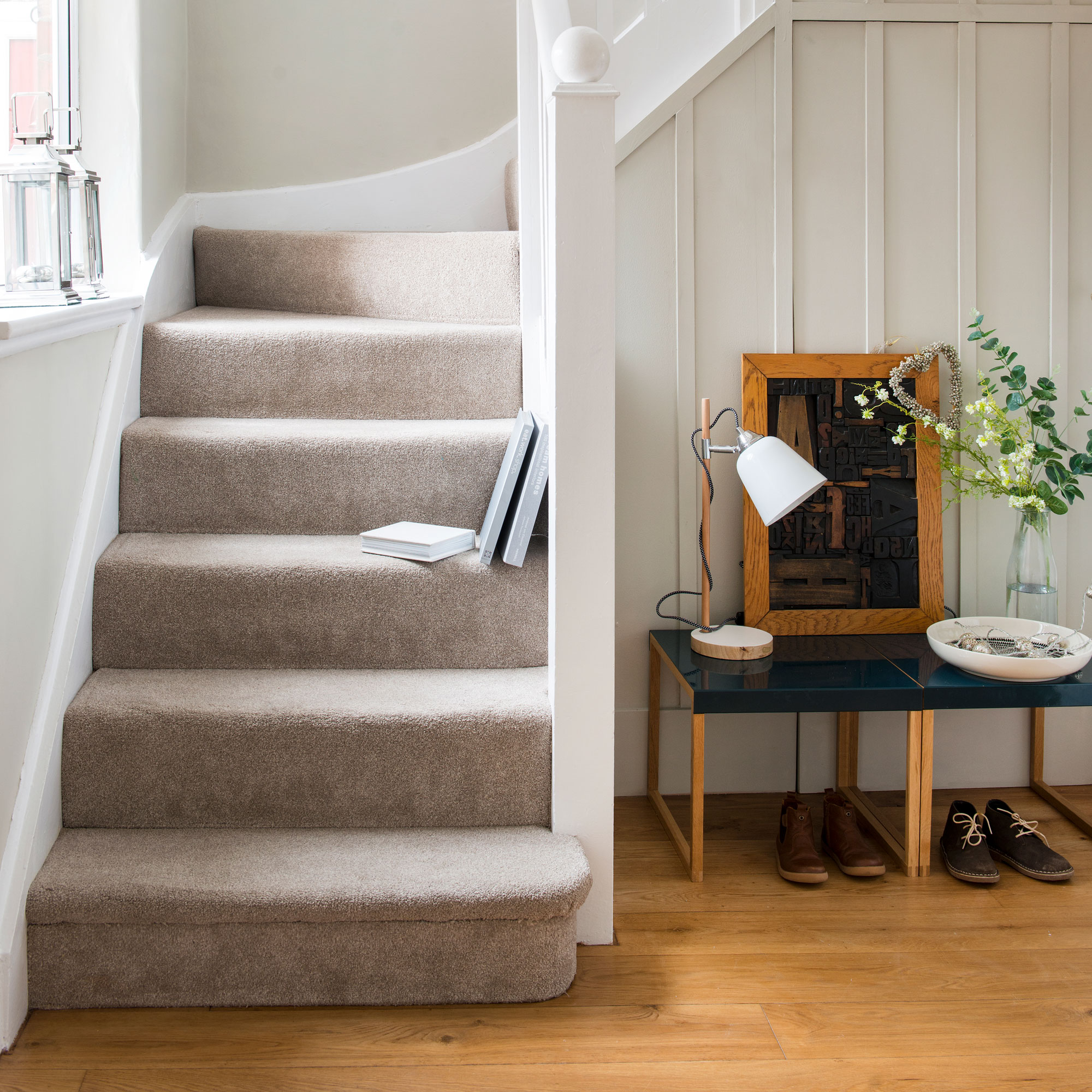
4. Leave to dry
It is incredibly important to ensure that your wooden floors are fully dry after you finish cleaning them.
‘Use a dry, clean mop or cloth to remove any moisture and buff up the surface,’ suggests Sarah. ‘Opening the windows will help air to flow through your house and speed up the drying process.’
How to keep your wooden floors in tip top condition
There are a few quick and easy changes that can help to reduce the likelihood of stains and damage occurring in the first place.
Firstly, it’s always worthwhile investing in a doormat to allow you to clean your feet as soon as you walk in your front door. You may also want to consider removing your footwear or swapping into slippers or other dry footwear when you enter your home, as well. Both will stop you from treading dirt and debris and most importantly, wetness, inside and onto your wooden floors.
You could also utilise rugs throughout your home to help pick up any dirt and debris and keep them off your floors. And we always suggest using felt pads or floor protectors on your furniture legs or bases to stop them from potentially scratching.
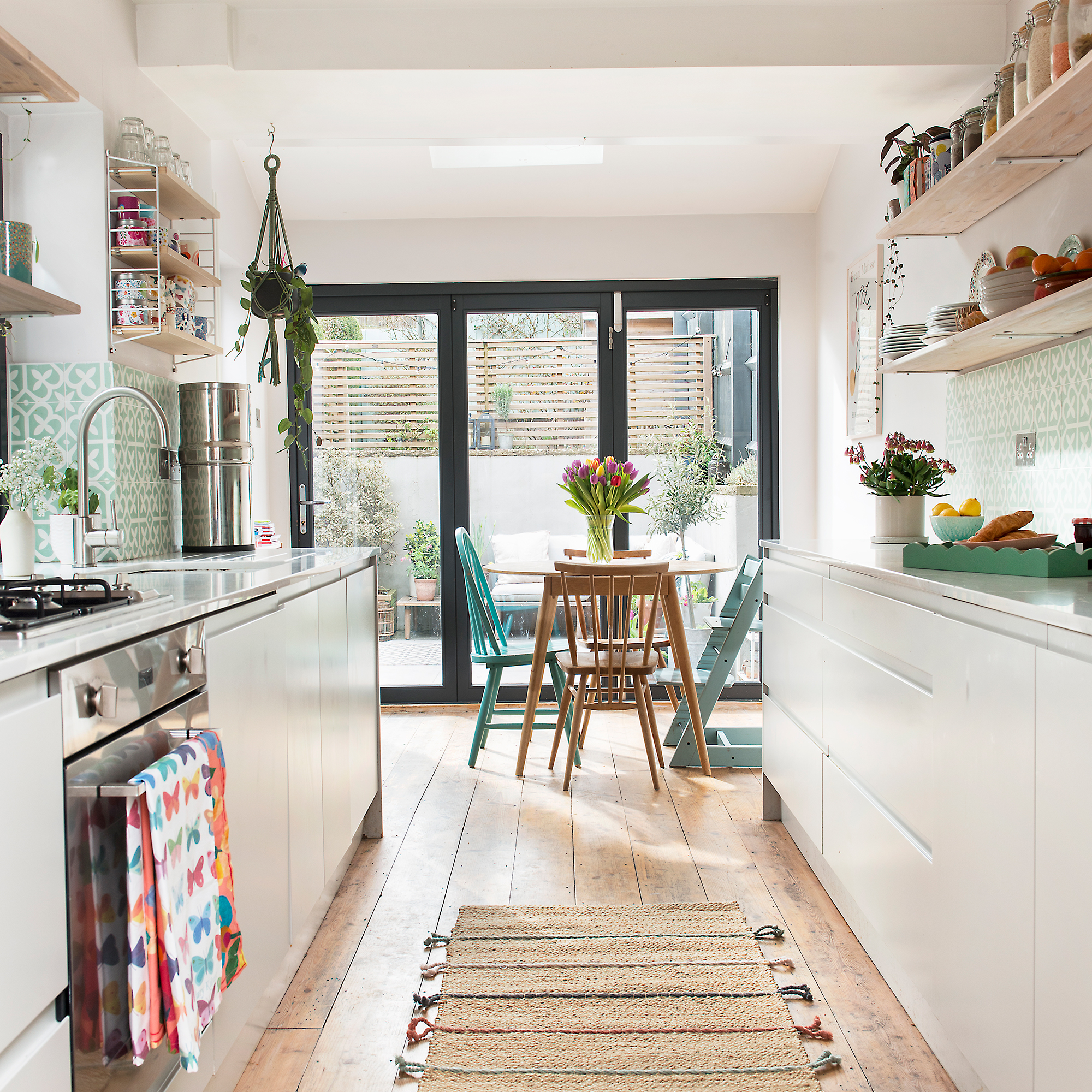
FAQs
How often should you clean your wooden floors?
According to Lucy Pickett, Head of Specification & Design at V4 Wood Flooring, you shouldn’t wet or damp clean your floor ‘more than once a week – and remember to mop up puddles or spills immediately and vacuum dirt and debris to avoid embedded damage.’
Ideally, you’ll want to sweep or vacuum regularly as this will stop any abrasive dirt, dust or grit from accumulating.
‘Deep cleans can be done twice a year.’ This can vary household to household but generally you want to avoid over-cleaning your wooden floors as this can actually ‘degrade the surface of your floors over time,’ Lucy concludes.
What should you avoid using on wooden floors?
Much like how you should avoid a traditional mop head, you’ll also want to steer clear of steam mops as well.
‘Steam mops are growing in popularity but the rapid changes in temperature and moisture will cause the wood to warp,’ Martin attests. And fixing a warped floor can leave you with a costly bill of ‘anywhere from £500-£8500,’ says Martin.
You’ll also want to avoid using anything with an abrasive texture which could scratch or damage the surface.
Chemical based cleaners may seem like a good idea if you have a particularly dirty floor or a stain to deal with but some traditional cleaners, which contain things like bleach, will permanently stain your wooden floors.
‘Likewise, you may think that using natural cleaning ingredients such as distilled white vinegar and lemon would be a good alternative, but these can also cause discolouration,’ affirms Sue. This is because they can wear away protective finishes. Because of this, it is important to use cleaning products that are specially formulated for cleaning wooden floors.
Get the Ideal Home Newsletter
Sign up to our newsletter for style and decor inspiration, house makeovers, project advice and more.

Ellis Cochrane has been a Freelance Contributor for Ideal Home since 2023. Ellis has been writing about homes, interiors and gardens for four years now, with her also contributing to House Beautiful, Country Living, Expert Reviews, Real Homes and Stylist.
-
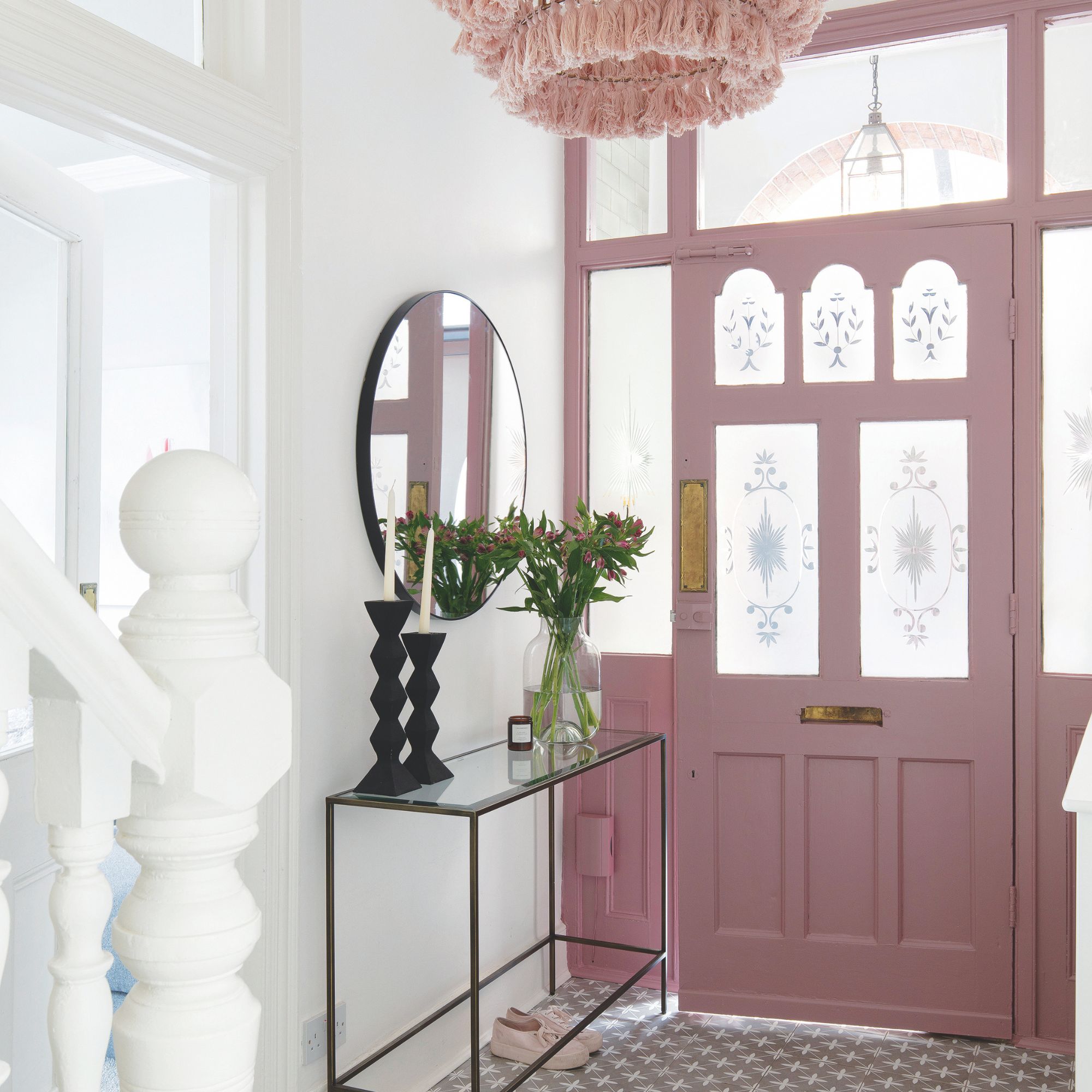 Should your front door colour match your hallway? Interior experts reveal 3 reasons why it should (and 3 reasons it shouldn't)
Should your front door colour match your hallway? Interior experts reveal 3 reasons why it should (and 3 reasons it shouldn't)Are you team matching or contrasting?
By Ellis Cochrane
-
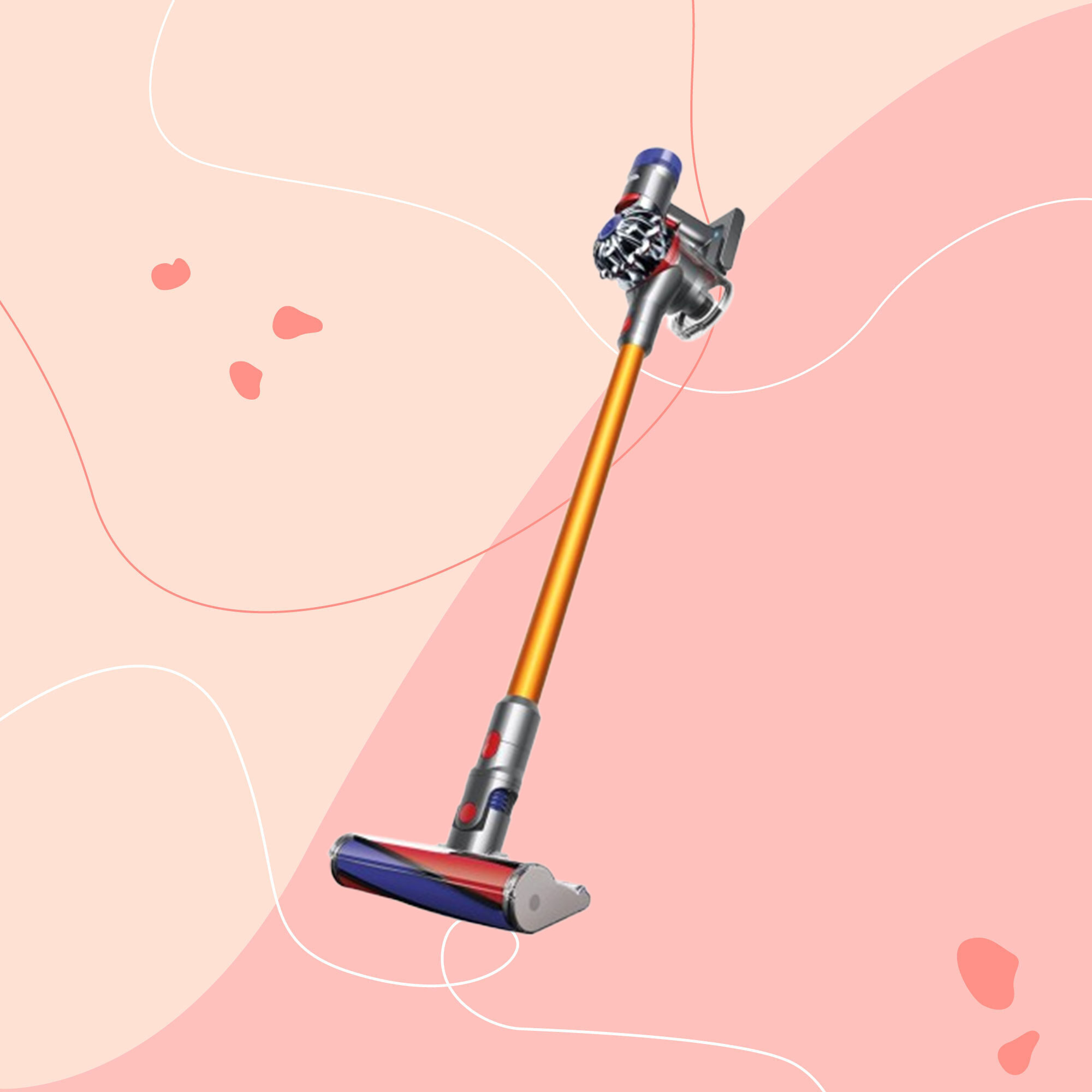 This £200 limited-time discount makes this Dyson vacuum cheaper than I’ve ever seen it - run don’t walk to Argos for this bargain
This £200 limited-time discount makes this Dyson vacuum cheaper than I’ve ever seen it - run don’t walk to Argos for this bargainIt's the most affordable Dyson on the market right now
By Lauren Bradbury
-
 Martin and Shirlie Kemp’s pastel flower beds has given their Victorian renovation a romantic look - how you can get the look
Martin and Shirlie Kemp’s pastel flower beds has given their Victorian renovation a romantic look - how you can get the lookTheir pastel garden is the cottage garden inspo you've been looking for
By Kezia Reynolds